Fine Motor Skills Letter Recognition Worksheets for Ages 4-8
63 filtered results
-
From - To
Enhance your child's learning with our Fine Motor Skills Letter Recognition Worksheets, designed specifically for ages 4-8. These engaging worksheets combine essential letter recognition practice with fun fine motor activities that promote hand-eye coordination and dexterity. Each worksheet encourages children to trace, cut, and manipulate letters, helping them develop important skills while fostering their confidence in reading and writing. Ideal for both classroom and home use, these resources cater to young learners at various skill levels. Download and print the worksheets to make learning exciting and interactive, ensuring your child builds a strong foundation in literacy through hands-on experience!


Letter A Tracing Page
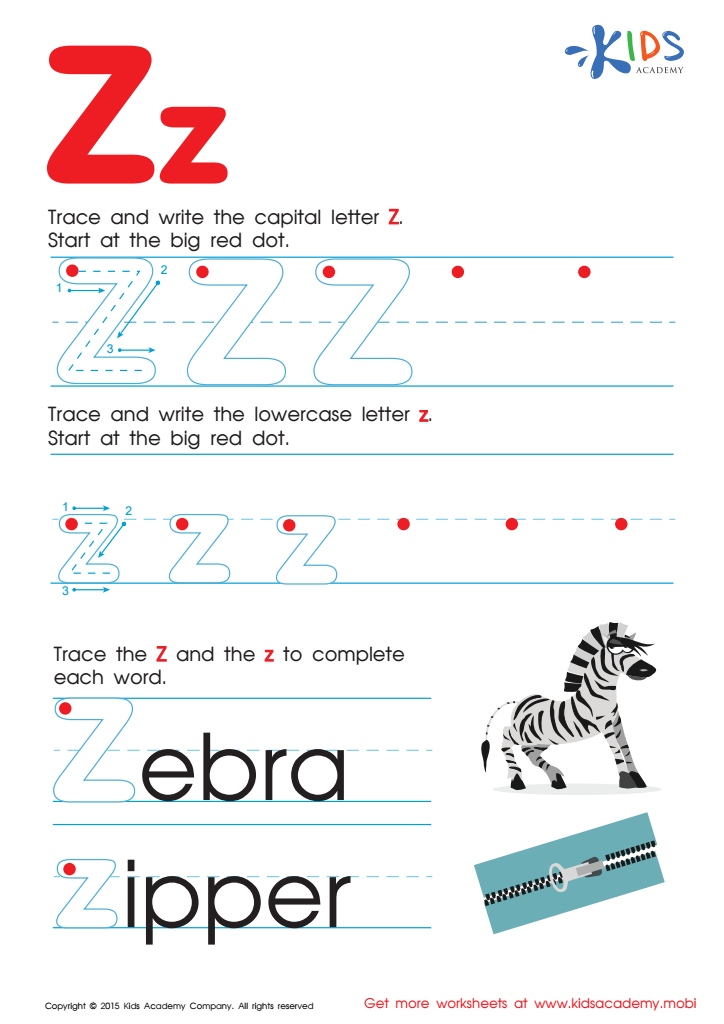

Letter Z Tracing Page


Letter E Coloring Sheet
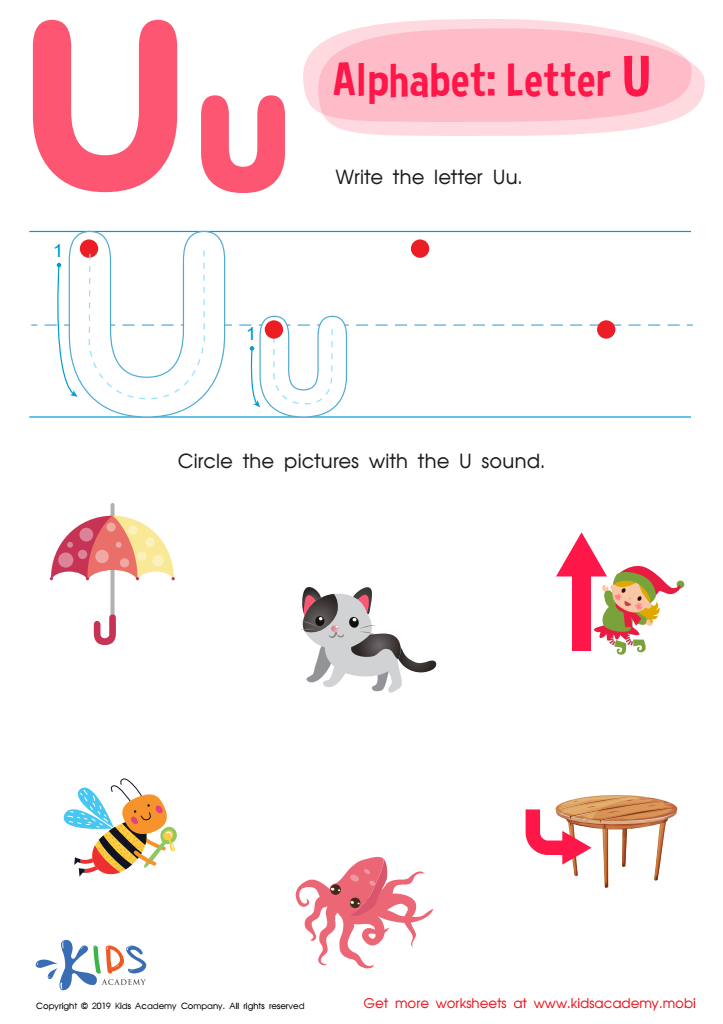

Letter U Tracing Worksheet
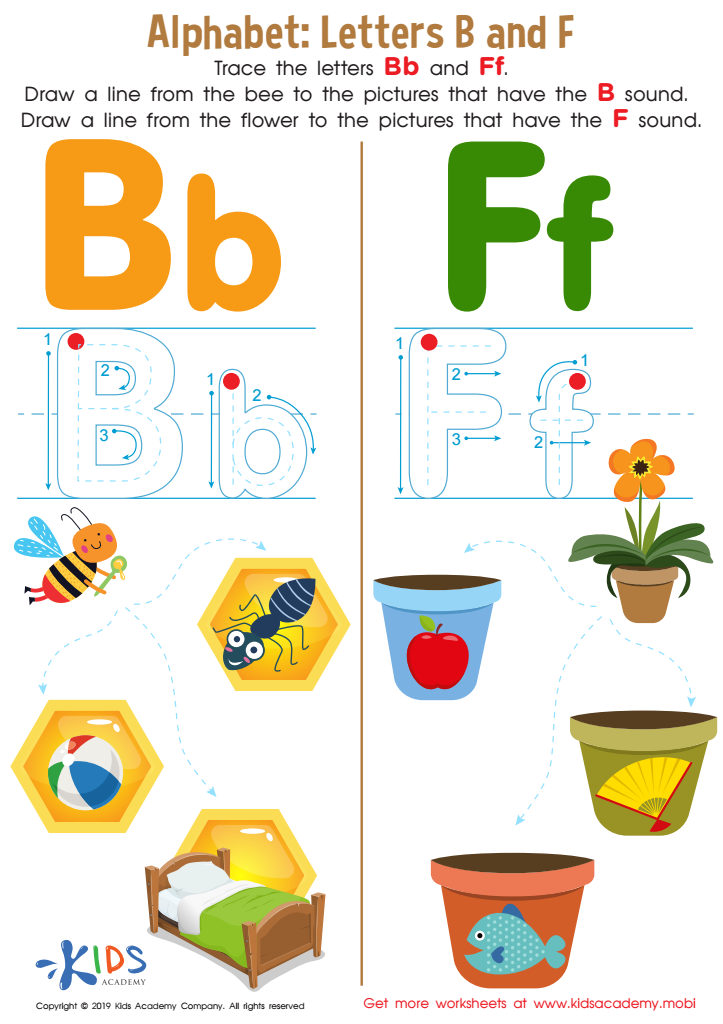

Letters B and F Tracing Worksheet
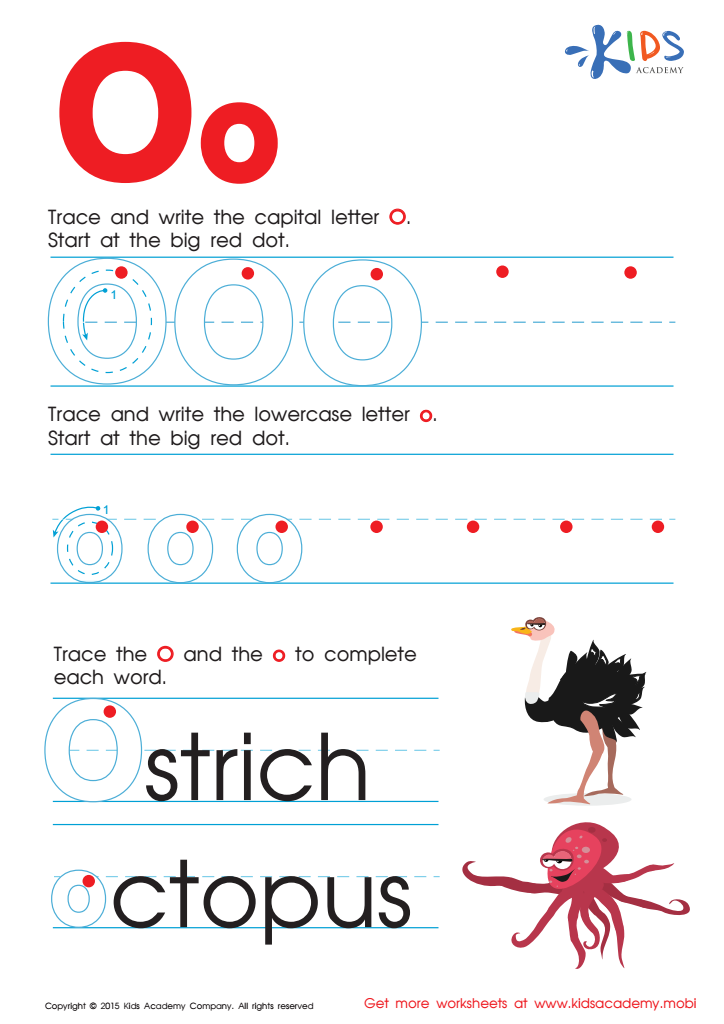

Letter O Tracing Page


Letter R Tracing Page
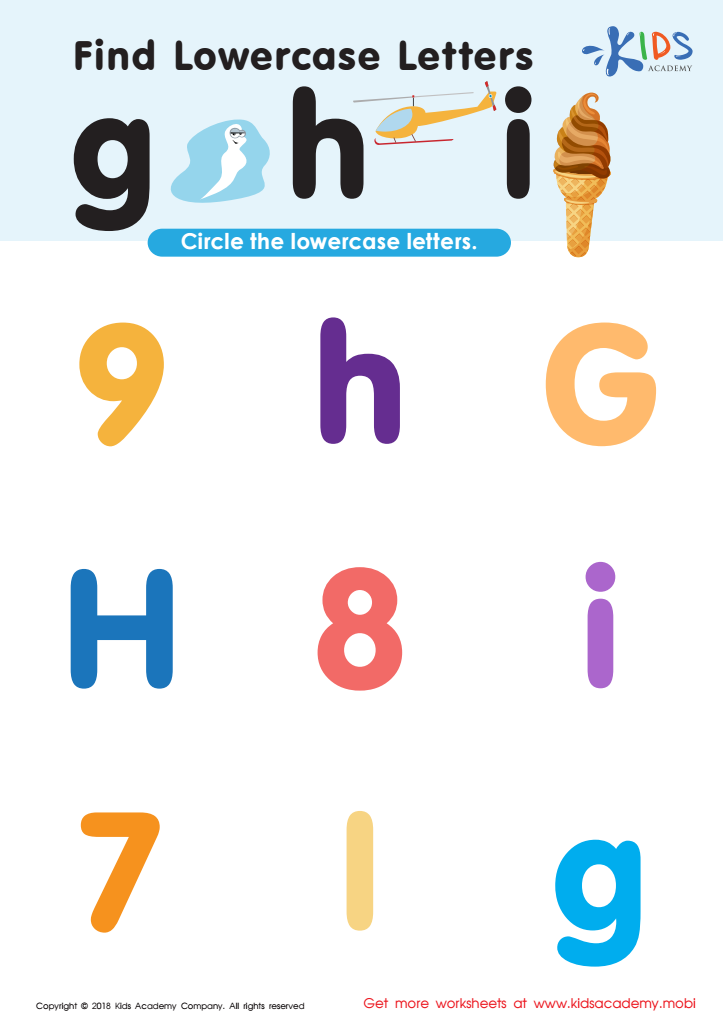

Find Lowercase Letters g h i Worksheet


Letter X Tracing Page


Letter P Tracing Page
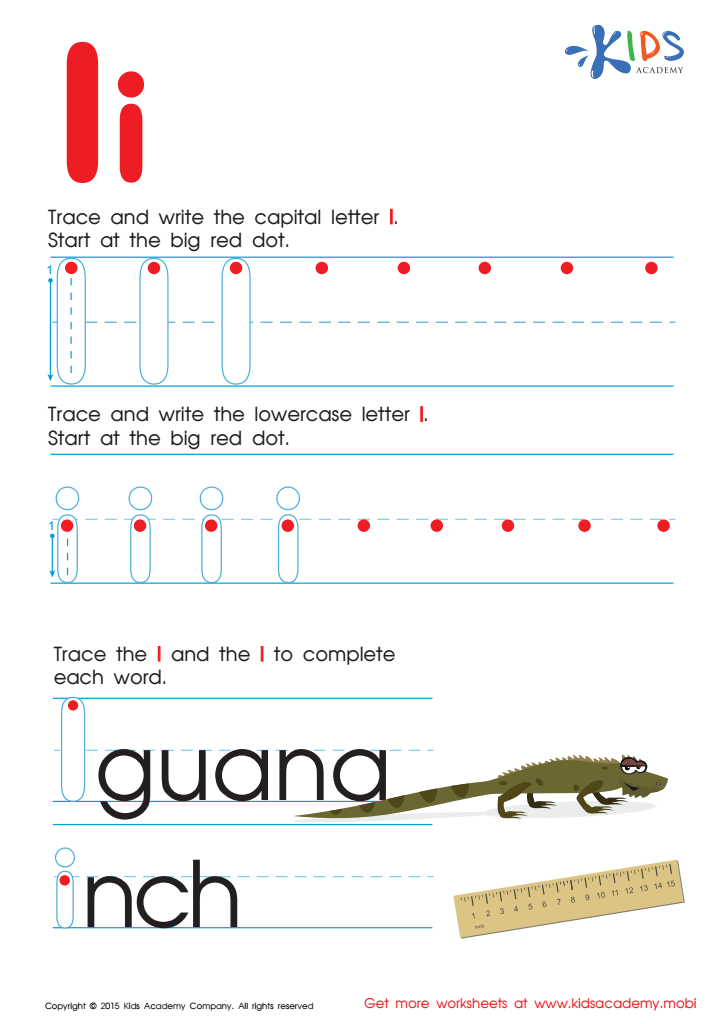

Letter I Tracing Page
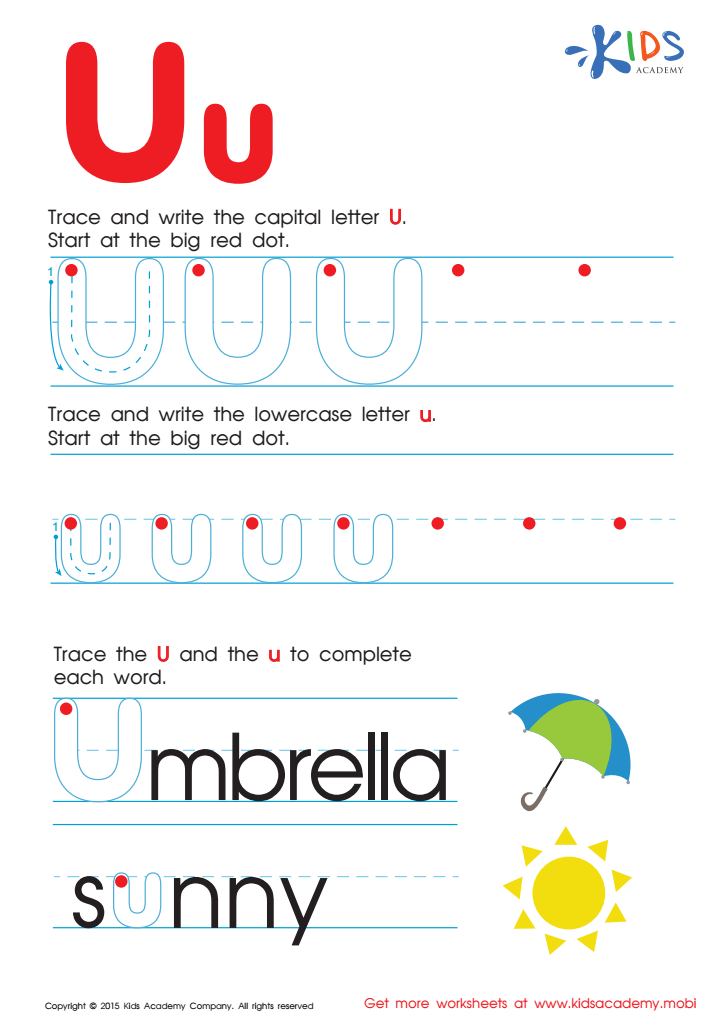

Letter U Tracing Page
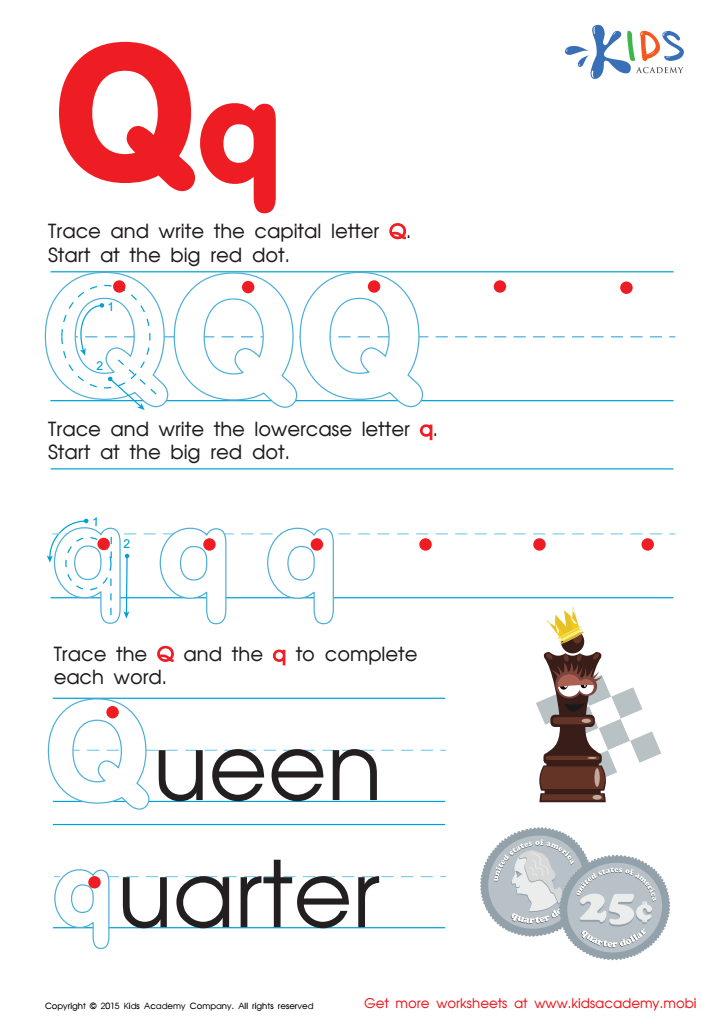

Letter Q Tracing Page
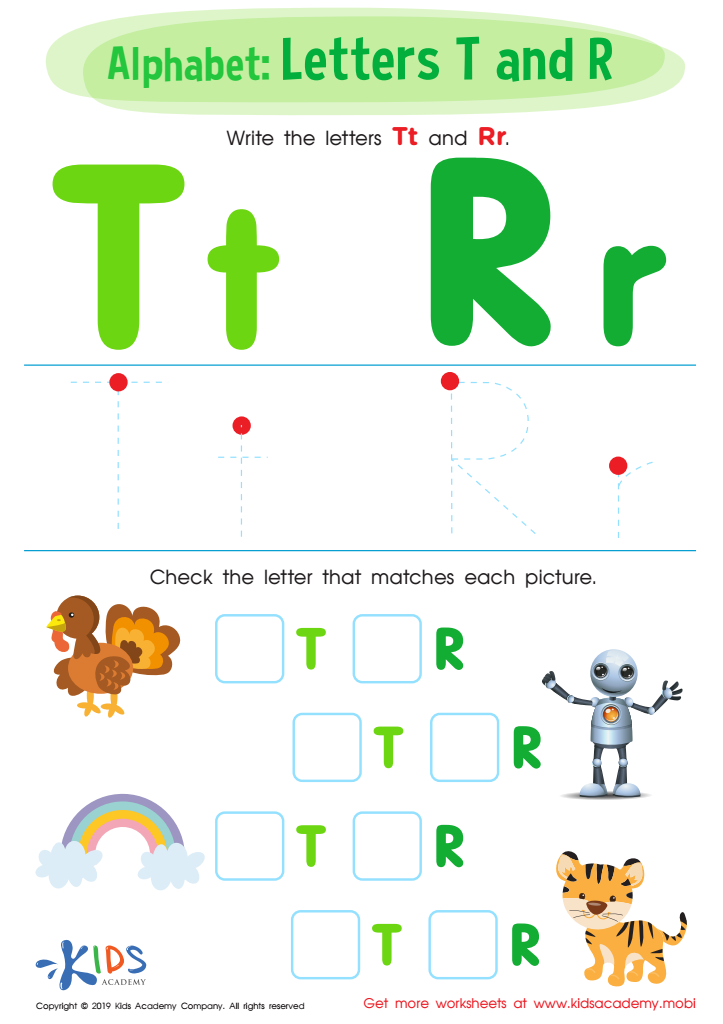

Letters T and R Worksheet
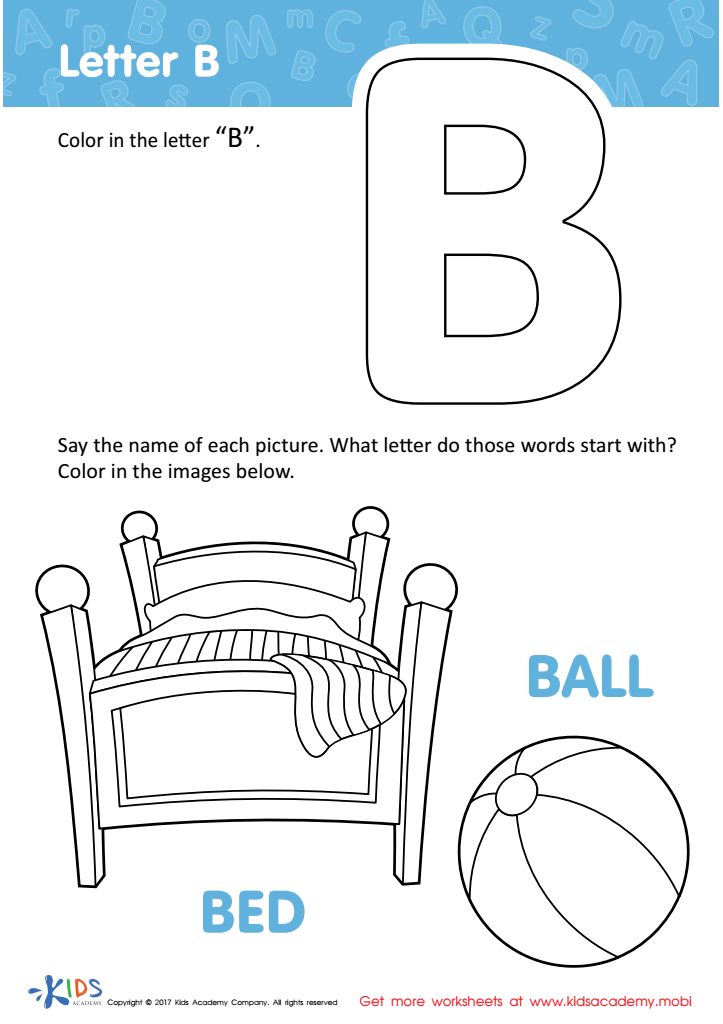

Letter B Coloring Sheet
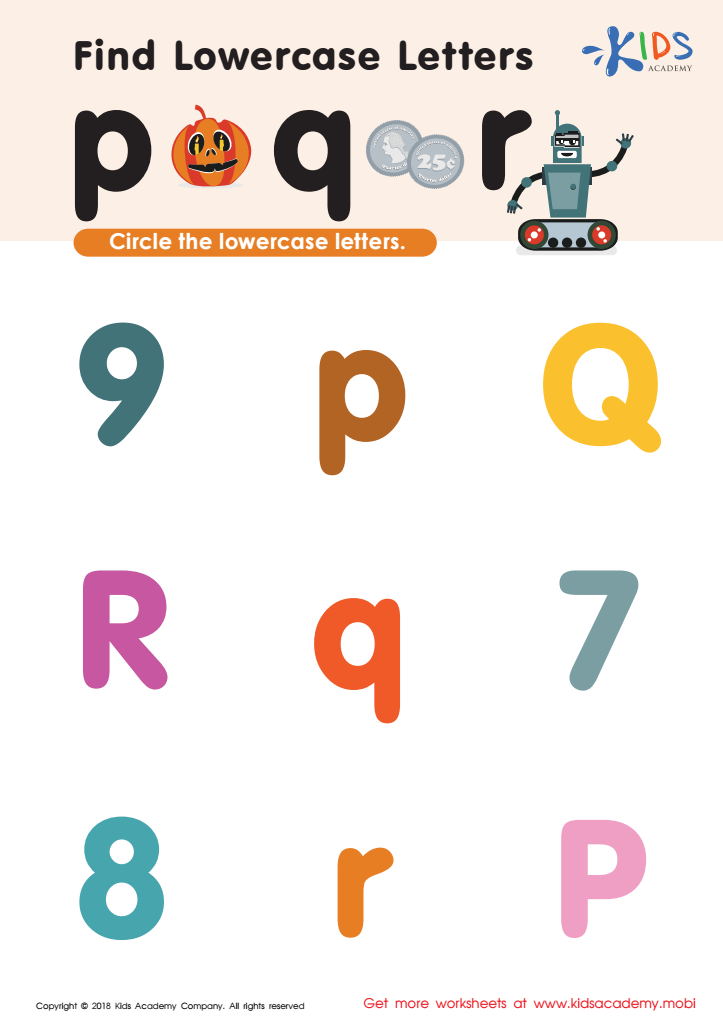

Find lowercase Letters p q r Worksheet


Letter A Coloring Sheet
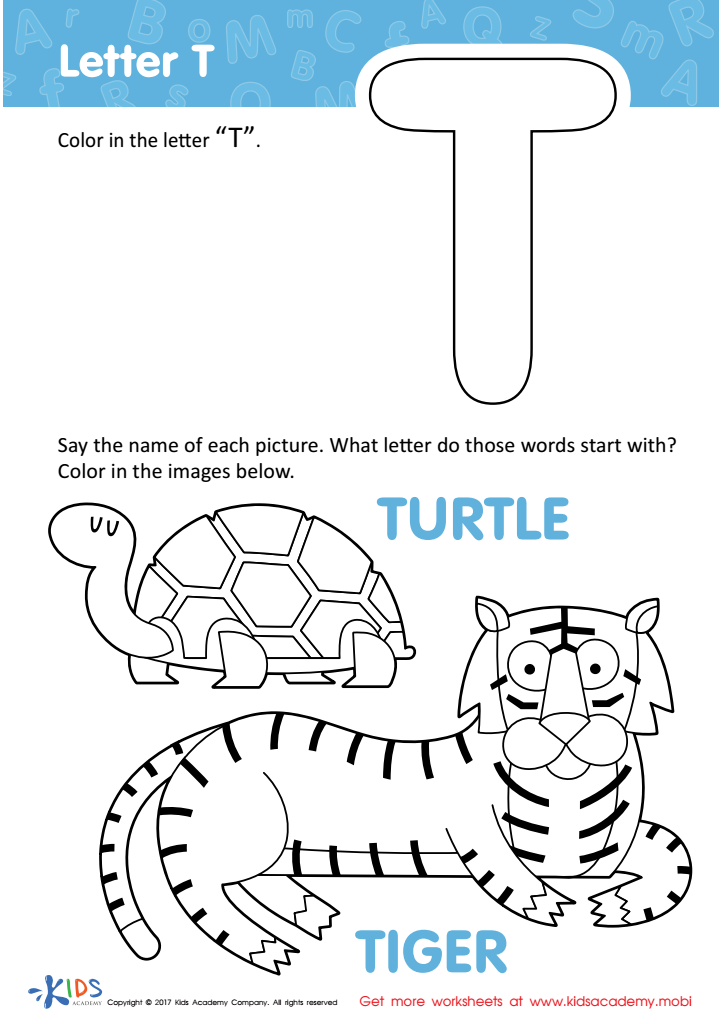

Letter T Coloring Sheet
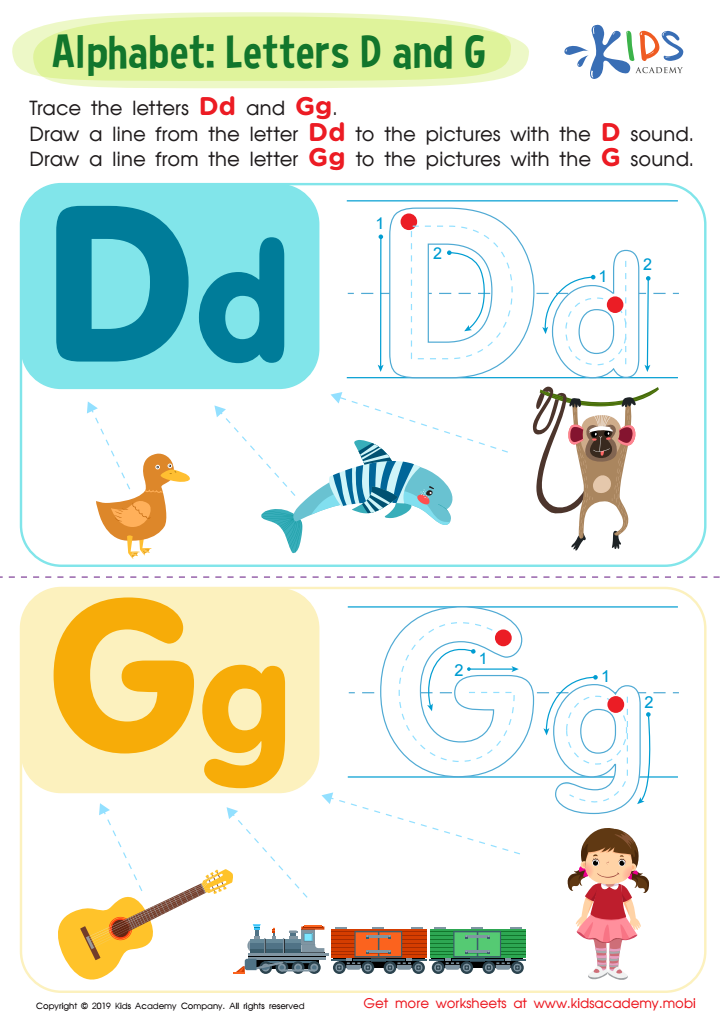

Letter D and G Tracing Worksheet
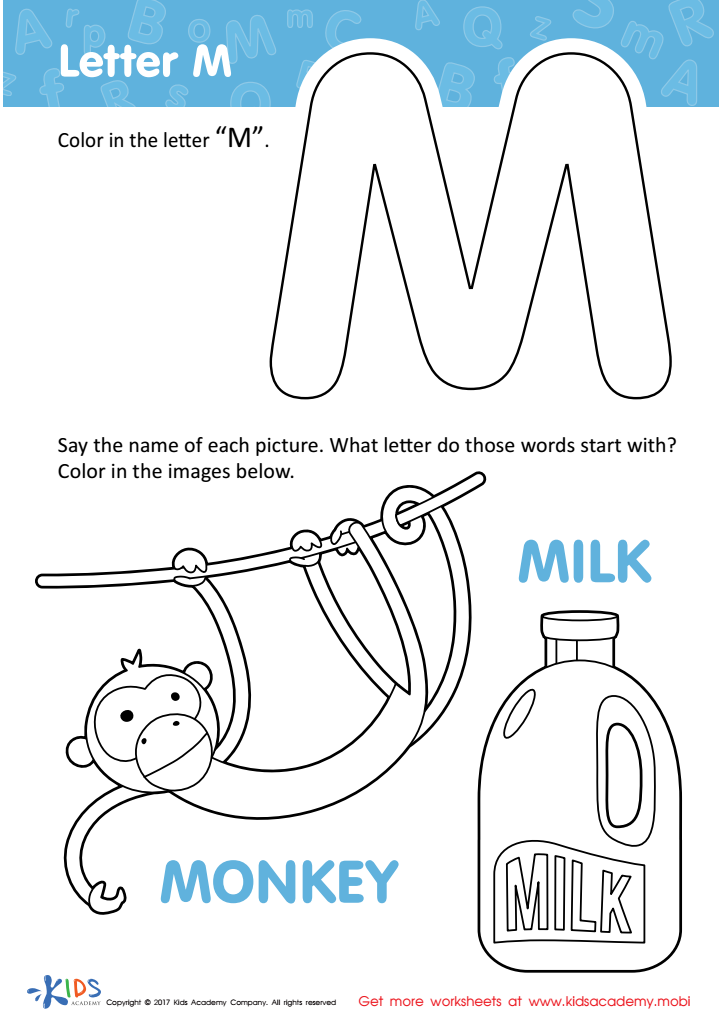

Letter M Coloring Sheet
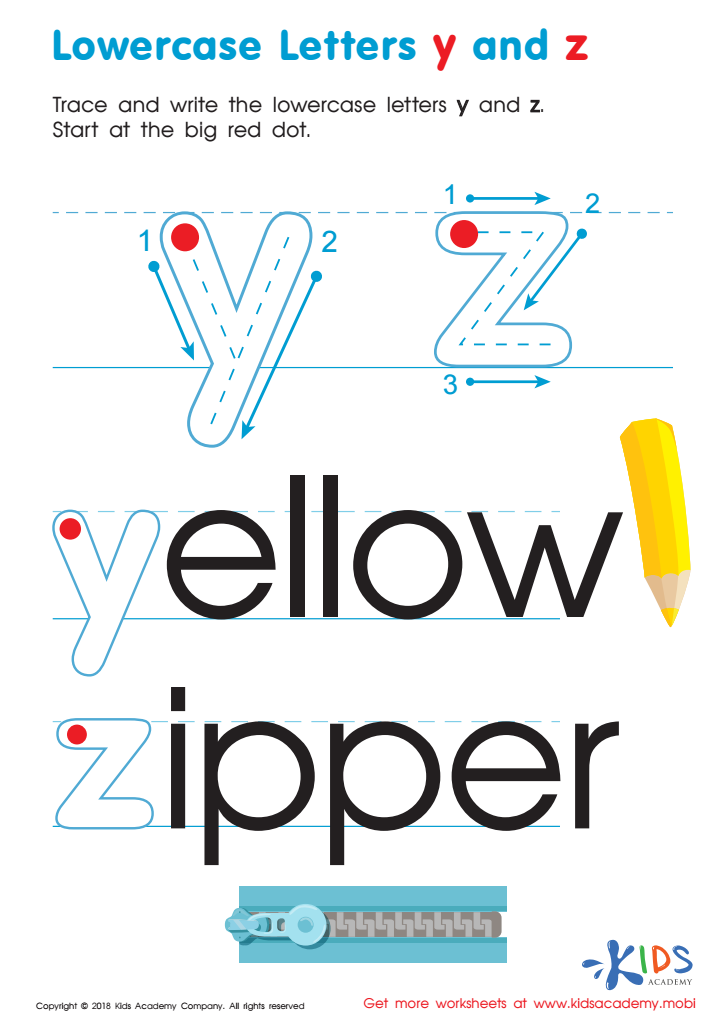

Lowercase Letters y z Worksheet
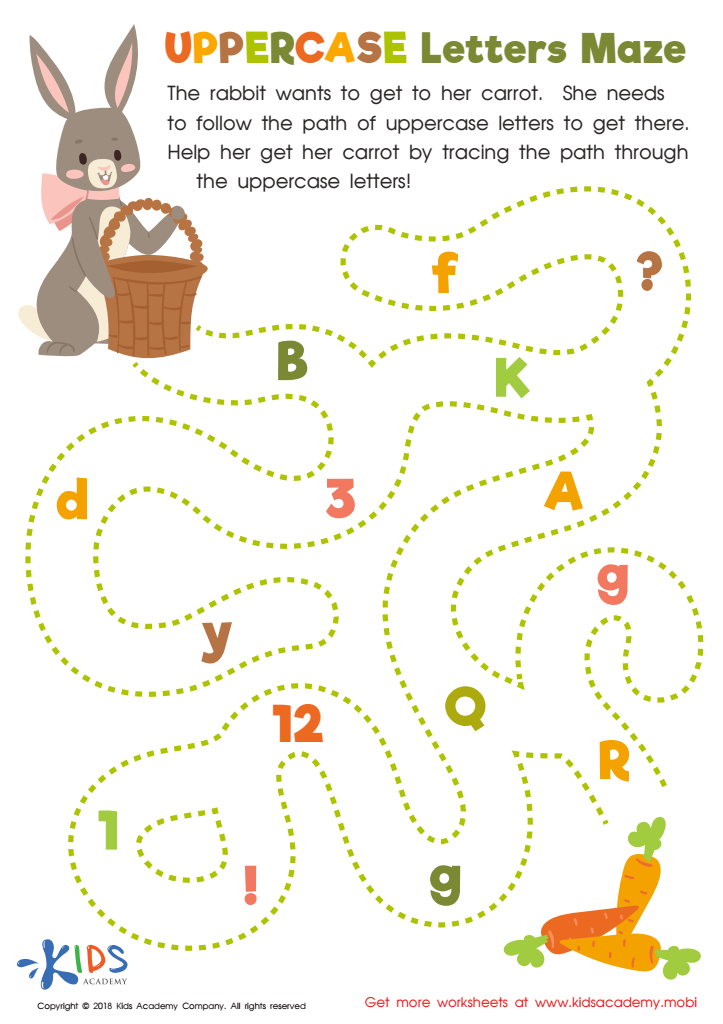

Uppercase Letters Maze Worksheet
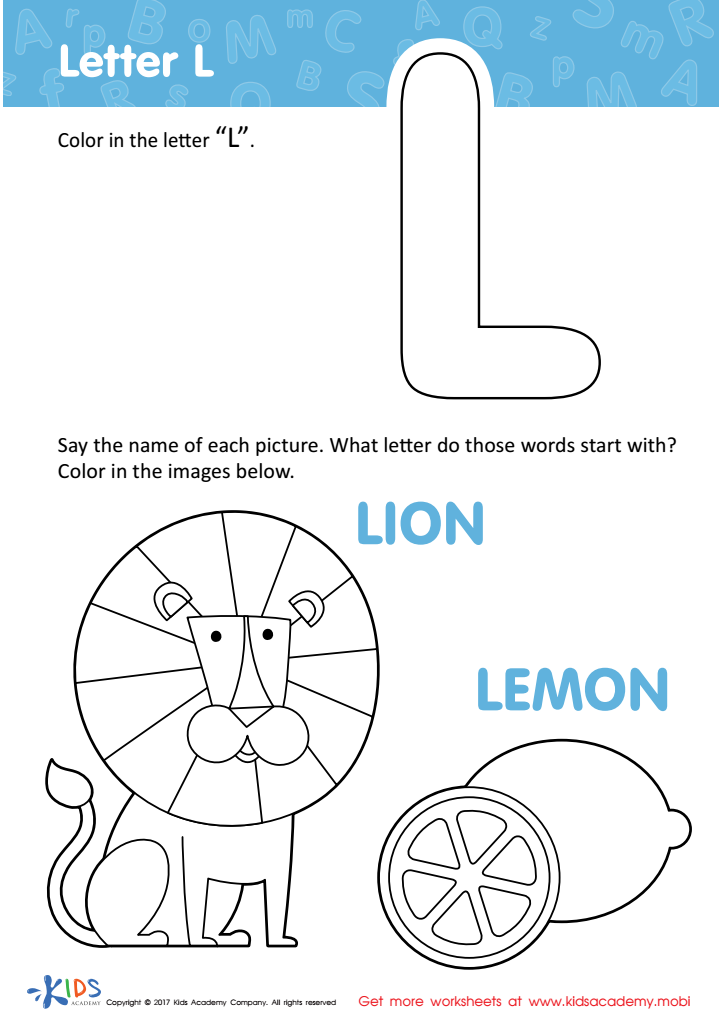

Letter L Coloring Sheet
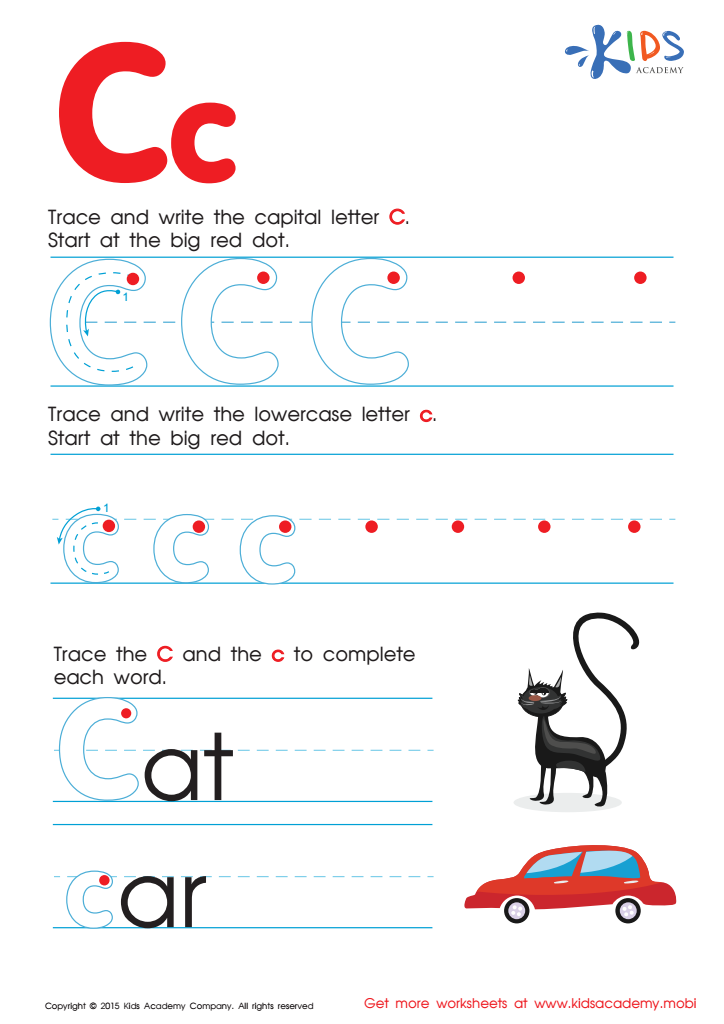

Letter C Tracing Page
Fine motor skills and letter recognition are crucial for children aged 4-8, as they significantly impact a child’s ability to learn and develop essential literacy skills. Fine motor skills involve the use of small muscles in the hands and fingers, enabling tasks such as writing, drawing, and manipulating small objects. Developing these skills is vital for children to effectively hold a pencil, cut with scissors, or manipulate letters, which are foundational for writing and other classroom activities.
Letter recognition, the ability to identify and name letters, is another key component in early literacy. Recognizing letters helps children understand that letters represent sounds, leading to reading and spelling success. It lays the groundwork for phonemic awareness, which is essential for decoding words.
Parents and teachers should care about these skills because they are interconnected and contribute to overall cognitive development. Children who master fine motor skills and letter recognition are more likely to experience confidence in their abilities, positively influencing their love for learning and classroom participation. Furthermore, these skills play a significant role in academic achievement, setting the stage for future educational successes. By nurturing these skills early on, caregivers can help ensure children have the tools they need to thrive in school and beyond.
 Assign to My Students
Assign to My Students


















